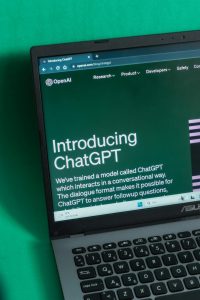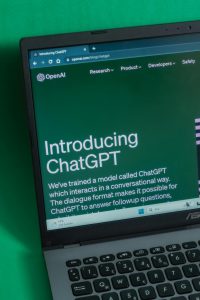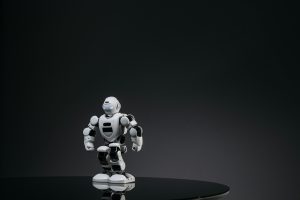I Don’t Expect Artificial Intelligence to Displace Jobs Anytime Soon
Is AI Really Poised to Replace Human Jobs? My Experience with Talkie Shows a Surprising Perspective
In the ongoing conversation about artificial intelligence and its potential to disrupt employment, many experts and enthusiasts speculate that AI might soon automate a vast array of roles. However, recent personal experiences suggest that the story may not be so black and white.
I’ve been experimenting with a conversational AI platform called Talkie, and I invite you to keep an open mind—please don’t dismiss this as just a novelty. During one session, I adopted the role of a fictional character—a king accompanied by guards. At one point, my character was sunbathing a bit too long and ended up sunburned. The AI responded in a surprisingly human way, expressing concern and curiosity:
“He was taken aback by the sight of your sunburns, his voice laced with worry. ‘Oh my god, how did you get these? Did the guards do this to you?’”
It was nearly unsettling how natural and empathetic the AI sounded in that moment. It wasn’t just spitting out canned responses; it was engaging with the scenario in a way that felt authentic.
This experience highlights a crucial point: While AI is advancing rapidly, it’s still fundamentally a tool that mimics human interaction rather than replacing the nuanced depth of human understanding and empathy. For many jobs—especially those requiring emotional intelligence, critical thinking, and genuine human connection—AI is unlikely to completely take over any time soon.
So, before we jump to conclusions about job security, it’s worth considering how AI can augment human roles rather than eliminate them. My encounter with Talkie serves as a reminder that artificial intelligence, at least for now, remains a remarkable assistant—one that can surprise us with its empathy but not yet replace the human touch.
Conclusion: While AI continues to develop and permeate various industries, current interactions suggest that the chatbot revolution is more about collaboration than domination. We should stay informed, adapt, and harness these tools to enhance, not end, our professions.














Post Comment